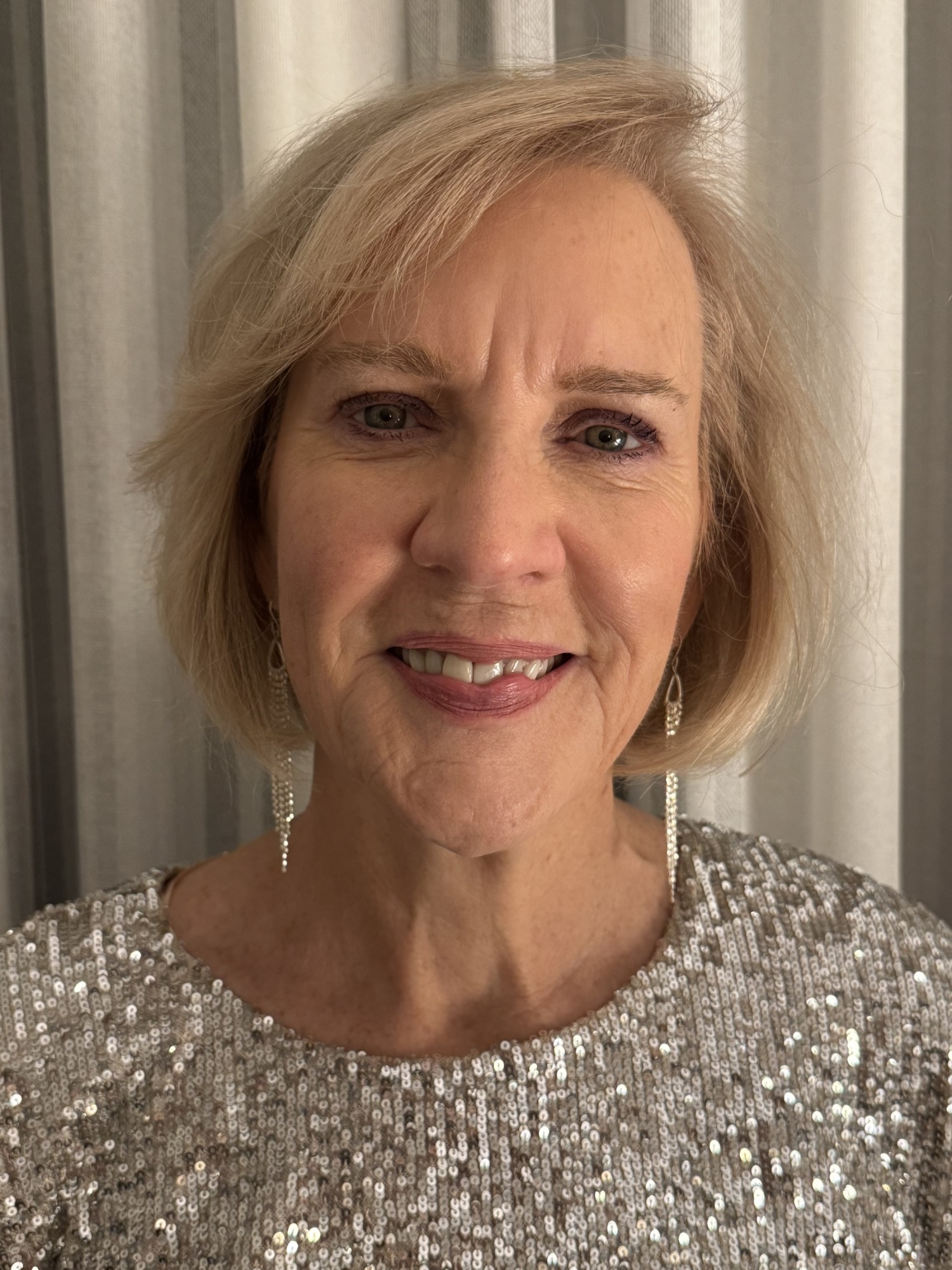|
|
Chamber News |
|
|
|
Why Millennials & Gen Z Should Care About America250 By Laura Manion President & CEO, CCCBI Member, Chester County America250 Commission |
|
|
|
As a millennial, a business leader, and a parent, I’m often straddling generations—collaborating with seasoned professionals while mentoring emerging leaders. It’s a unique vantage point that offers perspective. One thing I know for certain: the upcoming 250th anniversary of our nation’s founding—America250—is not just about looking back. It’s about looking forward. And Millennials and Gen Z must be part of that conversation.
In 2026, our country will celebrate a milestone: 250 years of independence. Here in Chester County—where history quite literally lives in our streets, buildings, and institutions—we are proud to be part of the Commonwealth's effort to commemorate this moment. But to make it meaningful, we need to ensure younger generations aren’t just passive observers of history. They should be authors of the next chapter.
Why should this matter to us? Because the ideals that sparked 1776—freedom, representation, opportunity—are not just pieces of history; they’re values that still guide us today. Millennials and Gen Z are drawing from that foundation as we navigate the challenges of our time, whether through entrepreneurship, civic engagement, issue advocacy, or community building. Our generation has grown up with digital access, global awareness, and a healthy skepticism of the status quo. By looking back, we better understand where we’ve come from—and how we can shape a promising future.
America250 offers a once-in-a-generation platform for us to elevate those voices and shape the national conversation about who we are and where we’re going – by revisiting where we’ve been.
Here in Chester County, we’re working to ensure that the America250 celebration reflects the full richness of our communities. Through local events, educational programs, and public forums, we’re inviting every resident—especially our youth—to bring their ideas, energy, and passions to the table. What do you want to see in the next 250 years?
I encourage my fellow Millennials and Gen Z leaders—whether you're running a business, studying in school, raising a family, or launching your career—to get involved. Lend your talents to a local America250 initiative. Start a project that connects your peers to the history happening all around us.
This is not just a celebration of what was. It’s a chance to define what will be. |
|
Get Your Hole Sign for the Chester County Chamber Classic! |
|
|
|
|
On Tuesday, August 19th, CCCBI will hold its Annual Golf Outing at Applebrook Golf Club. |
|
|
|
Legislative Update |
|
|
|
Medicaid Reforms & Dual Eligibles at Risk |
|
|
|
The House-passed 2025 budget reconciliation bill proposes major Medicaid reforms aimed at reducing federal Medicaid spending by over $700 billion over the next decade. These changes could result in more than 1.4 million dual Medicare Medicaid beneficiaries losing automatic access to the Medicare Low-Income Subsidy (LIS), which covers Part D premiums and drug costs. Additionally, the bill would delay the implementation of a Biden-era rule aimed at simplifying enrollment in the Medicare Savings Program (MSP) for low-income individuals. This delay could prevent millions from receiving Medicaid-funded Medicare cost-sharing assistance and in turn become an impact to our health system and economy.
Proposed Policy Changes and Cost-Saving Strategies In response to the growing financial burden, several bipartisan reforms have been proposed. These include:
Other Changes in the Reconciliation Bill
Medicare and Medicaid remain foundational to the American healthcare system. Yet, balancing growth and monetary sustainability will require bipartisan policy reform. While cost-saving measures can help stabilize spending, reforms must preserve access to quality care. The coming months will be crucial as Congress debates the best approach to moving forward with these programs.
Medicare and Medicaid at a Crossroads: Policy Shifts, Enrollment Trends, and Budgetary Implications As Medicare and Medicaid continue to serve over 135 million Americans, both programs face mounting fiscal and policy challenges. Recent developments, including new federal research, proposed legislative reforms, and shifting enrollment trends, highlight the need for long-term solutions prioritizing access, affordability, and sustained program success.
Medicare Financing and Structural Concerns Demographic trends and shifting healthcare needs have historically influenced Medicare’s financial trajectory. Part A (Hospital Insurance) is historically financed through payroll taxes and held in a trust fund. At the same time, Parts B and D (Supplementary Medical Insurance) primarily draw on general revenues and beneficiary premiums. However, since 2016, Part B, the Supplementary Medical Insurance, spending has passed that of Part A, Hospital Insurance, complicating and requiring a focus on sustainability. The Inflation Reduction Act of 2022 introduced reforms—such as Medicare drug price negotiation. Still, additional cost-saving reforms are needed. These could include eliminating Medicare Advantage (MA) overpayments, reducing prescription drug prices, and addressing inefficiencies in hospital and provider compensation.
Medicare Advantage: Access Concerns and Enrollment Dynamics Over half of Medicare patients now receive coverage through Medicare Advantage plans. A recent study reveals dissatisfaction among MA enrollees regarding access to and quality of care. The study found that individuals in lower-rated Medicare Advantage (MA) plans or those with high healthcare needs were more likely to return to traditional Medicare due to barriers to care rather than the cost. This trend has implications for both federal spending and the financial status of beneficiaries. People who switch from MA to Medicare may struggle to secure supplemental coverage, such as the Medigap plan. As higher-cost patients exit Medicare Advantage (MA) plans, the traditional Medicare program could face increased financial strain. |
|
Member Spotlight |
|
|
|
J. Hilburn |
|
|
|
|
J. Hilburn is a lifestyle brand of custom menswear, offering 11 categories for easy dressing—eliminating the need for mall shopping.
As a J. Hilburn Stylist, Eileen Kevany helps men dress the part, whether they're on the clock or enjoying the weekend. She finds joy in seeing the newfound confidence that well-fitting clothing brings to her clients, especially as they realize they’ve been “making do” with off-the-rack options.
Eileen’s process is designed for client convenience. It begins with a pre-appointment questionnaire and a call to establish goals. The initial meeting, typically held at the client’s home, includes a closet assessment, a conversation about priorities, and a discussion of budget.
From there, she takes precise measurements, presents fabric options, and guides clients through personalizing their first look—a complete outfit, custom-made just for them. An essential final step is the delivery, where Eileen ensures the garments meet the client’s expectations in both fit and feel. She then schedules quarterly check-ins to keep wardrobes fresh and clients looking their best.
Eileen was drawn to this business after realizing how different men’s shopping experiences are from women’s. She saw a clear need to make shopping more convenient and stress-free for men—something J.Hilburn consistently delivers. For more information, please reach out to https://jhilburn.com/ or eileen.kevany@jhilburnpartner.com. |
|
|
|
|
Member Events |
|
|
|
We’d love to hear from and highlight your business! We are seeking member spotlight stories to include in our weekly newsletter! Email your news to abby@chescochamber.org |
|


















